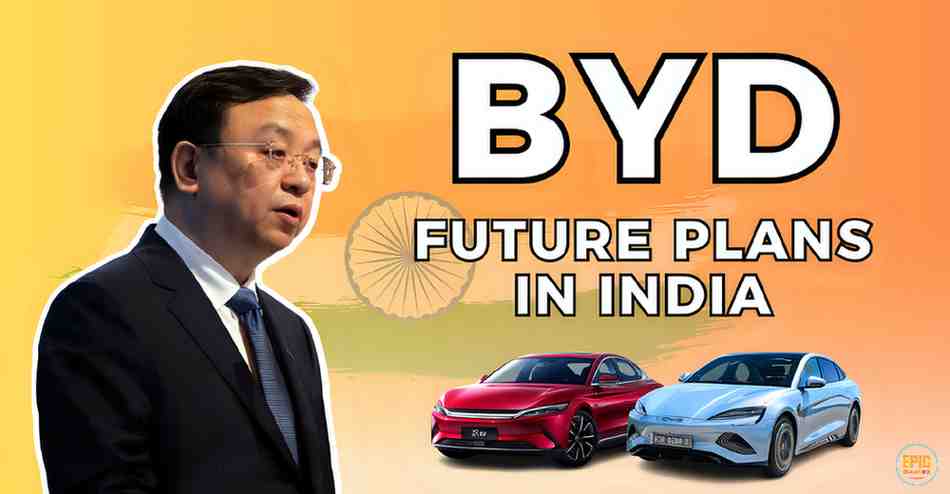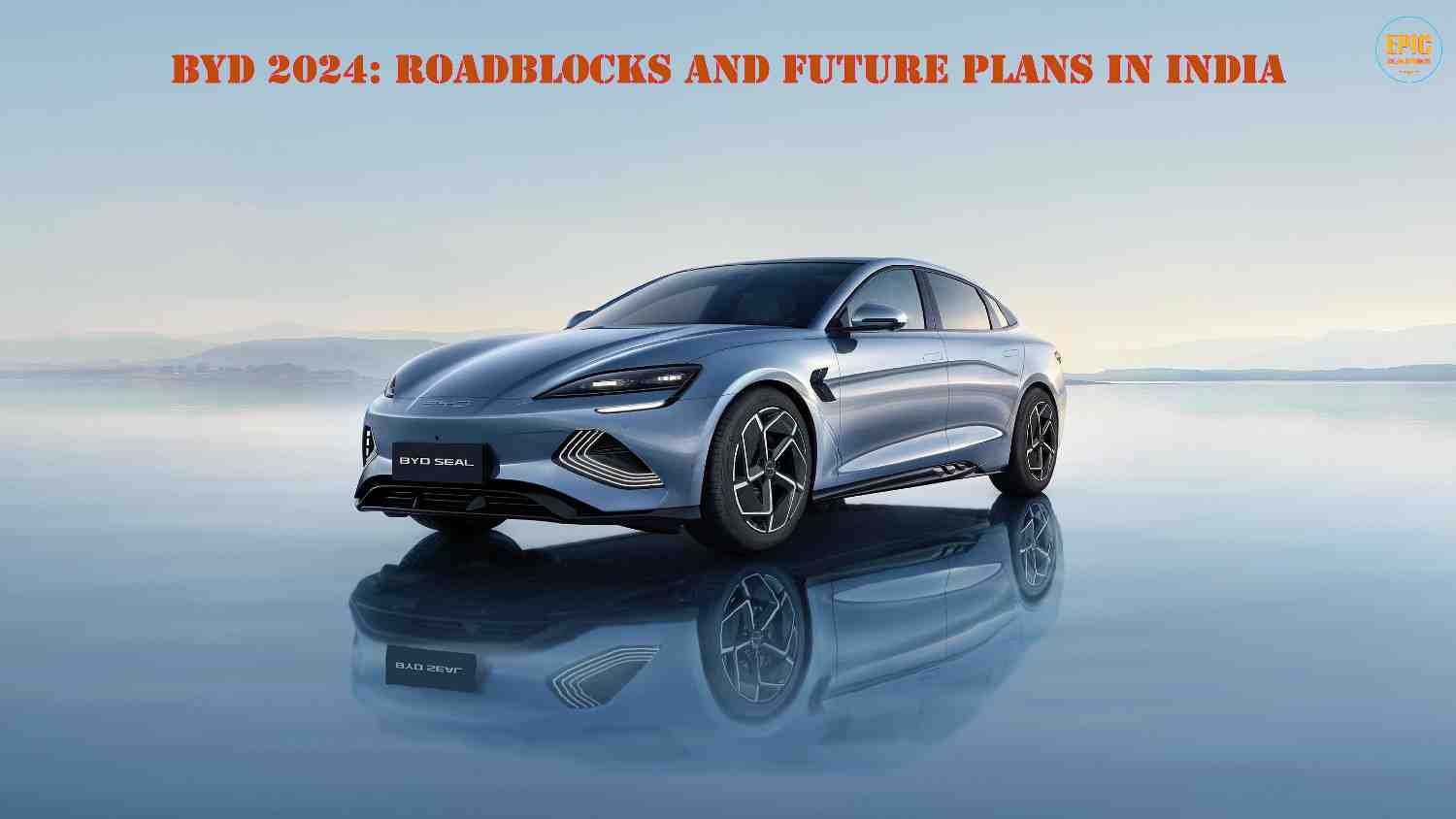BYD, an abbreviation for ‘Fabricate Your Fantasies,’ is a recognized Chinese electric vehicle organization causing worldwide disturbances. Viewed as the second best organization in the electric vehicle (EV) area, it has even tested Tesla for the title of the world’s biggest EV producer. BYD set out on its Indian process in 2007, laying out tasks in Chennai and laying the basis for its endeavors in the country.
A striking accomplishment in BYD’s Indian section was the presentation of its most memorable unadulterated electric transport, the BYD K9, denoting the start of its significant presence. Throughout the long term, the organization has extended its portfolio in India by sending off electric transports, trucks, the BYD e6, BYD Atto 3, and that’s just the beginning. In spite of making significant progress in deals and laying out areas of strength for an in the Indian market, BYD faces and has confronted many difficulties to endeavor in the Indian Market.
In 2023, BYD’s total production soared to an impressive 3.02 million units, surpassing Tesla’s figures. However, the journey to navigate the intricacies of the Indian EV market remains riddled with roadblocks. In this article, we delve into the challenges that BYD faced in India last year and then see the future plans that BYD has in India’s evolving EV landscape.
But before going on to the main topic, let’s just quickly recall shortly about the beginning of BYD, its entry into the Indian Market, and its sales in 2023.
A GIST ABOUT BYD
Founded in 1995 in Shenzhen, China, BYD Company Ltd., or “Build Your Dreams,” initially focused on rechargeable batteries. Over the years, it has evolved into a leading manufacturer of batteries, automobile components, and cell phone parts. Key subsidiaries, BYD Auto Co., Ltd., and BYD Electronics (International) Co., Ltd., were established in 2003 and 2007, respectively. Operating in over 50 countries, BYD is a pioneer in sustainable development, holding over 19,837 patents in China and 3,411 overseas as of 2021. The company’s commitment to innovation is evident in its robust R&D investments, totaling 10.6 billion yuan in 2021, contributing to a remarkable revenue growth of 216.1 billion yuan by the year’s end.
BYD made its entry into the Indian market in 2007, initially focusing on the production of batteries and components for mobile phone manufacturers. The transition towards electric mobility commenced in 2013 when BYD India introduced its first electric bus, the BYD K9, to Chennai on August 20. As of 2023, BYD India operates two factories and has made substantial investments, exceeding $150 million, in the Indian market. Over the years, the company has expanded its portfolio in India by launching electric buses, trucks, the BYD e6, BYD Atto 3, and more.
In 2023, BYD excelled in sales, reaching a total of 30,24,417 units and experiencing a substantial 61.9 percent year-on-year growth globally. BYD India’s outstanding performance was particularly noteworthy, registering an impressive 341 percent year-on-year sales growth.

ROADBLOCKS IN SUCCESS
GEOPOLITICAL HURDLES
Electric vehicle manufacturers BYD and Hyderabad-based Megha Engineering and Infrastructures Limited (MEIL) had jointly submitted a proposal for establishing a four-wheeler manufacturing factory in Hyderabad, aiming for a production capacity of 10,000-15,000 units. The proposed investment was estimated to be close to $1 billion. Although the companies submitted their proposals to the Department for Promotion of Industry and Internal Trade (DPIIT), the Indian Government did not accept the proposal. The reluctance was attributed to security concerns and border tensions, particularly expressing reservations about allowing the Chinese electric vehicle maker BYD to establish operations in the country, as reported.
DELAYED PRODUCT LAUNCH
FUTURE PLANS OF BYD IN INDIA

